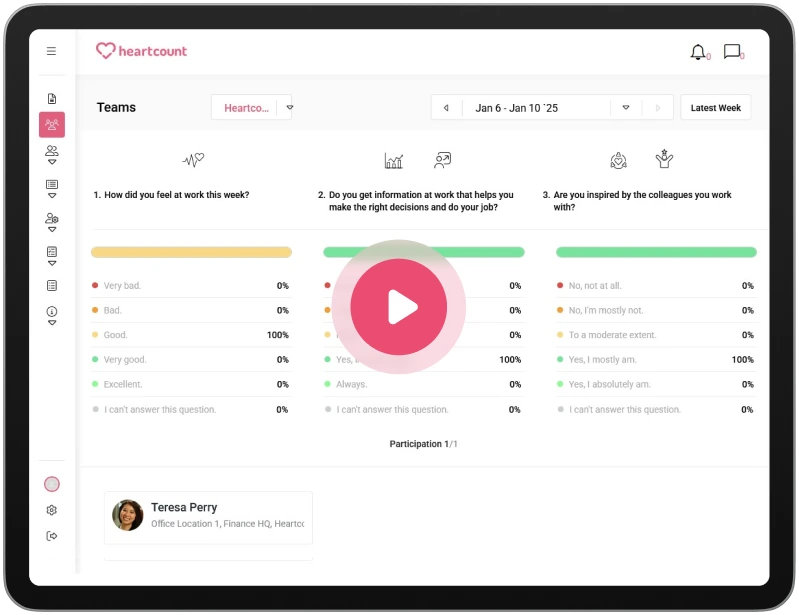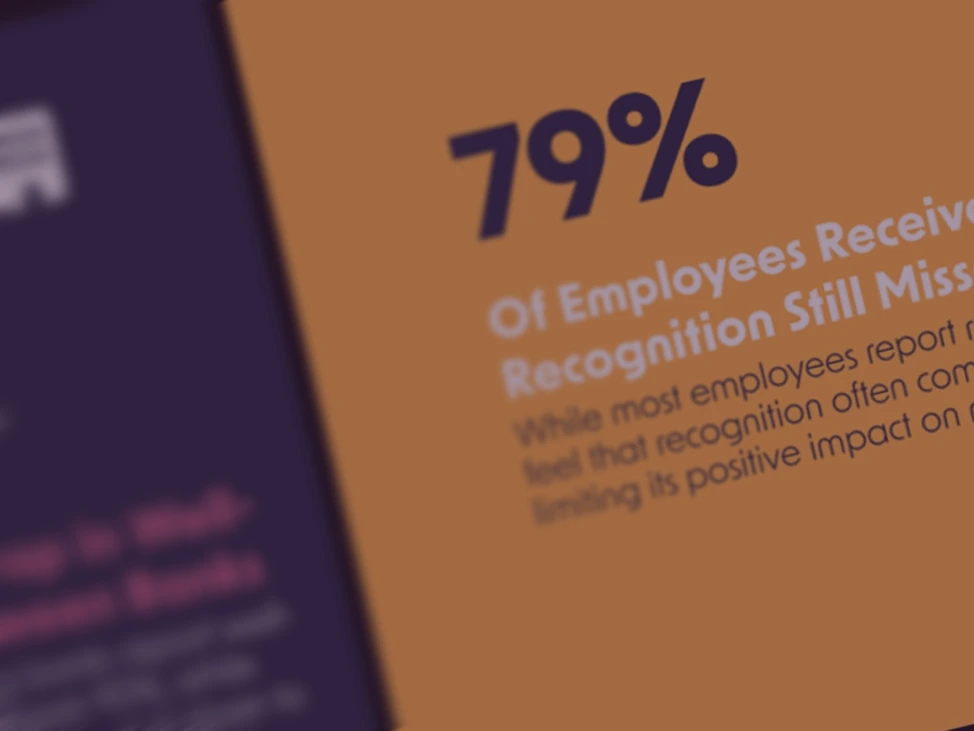Empathy and engagement: how regular check-ins cultivate employee belonging

 4 minute read
4 minute read
Summary: This episode emphasizes empathy in leadership, the power of proactive culture-building, and the importance of genuinely listening to employees. Managers should see themselves as enablers and coaches, focusing on both results and relationships to create a culture where employees feel valued and engaged.
What’s the story behind QDS?
Over the course of four decades, QDS has purposefully grown to more than 100 employees serving 350+ customers from communities across more than a dozen states. Their commitment to their customer-centered, faith-based values has remained consistent through the years.
They say they’re most proud of bringing light, trust, and empowerment to an otherwise dark industry.
Conversation highlights on empathy and engagement
Davin Salvagno: “Ask people what’s going on in their life, what is something they’re excited about, what’s been a big personal win, and just try to open up the door to what’s going on outside of work and how you can be a part of that person’s story.”
Garry Ridge: “It’s about the personal person here, not just the employee. We’re looking at people beyond their roles, focusing on the hearts, not just the heads.”
Sean Farrell: “We want a flourishing dynamic—where employees, customers, and communities all do well together. If we’re only focused on profit and services, we’re missing a huge part of that circle. We want our employees to flourish personally as well as professionally.”
Davin Salvagno: “The essence of counting hearts, not just heads, is simple but not easy. It’s about balancing the genuine passion to see the whole person with the demands to deliver business results.”
Sean Farrell: “I believe in a ‘thank you’ culture. People want to be seen, heard, and valued. Saying thank you when someone goes above and beyond is the first step to making them feel appreciated.”
Garry Ridge: “People want to know they belong, and they want to feel appreciated. The things you’ve described are real-life ways of making that happen.”
Sean Farrell: “Our ‘Manager Check-Ins’ happen twice a year, separate from performance reviews, and are about the personal side—what motivates you, where you want to improve. It’s about coaching people in their personal and professional lives.”
Davin Salvagno: “Checking in annually doesn’t cut it anymore. Society changes too quickly. Intentional, regular check-ins are key to staying in touch with where people are, personally and professionally.”
Sean Farrell: “Discipline in remembering the personal details, like people’s names and their life events, is simple but challenging. Showing that you remember goes a long way in making someone.
….
For the whole conversation, listen to the episode on Spotify, iTunes, or HeartRadio.
Key Points on empathy and engagement from Sean Farrell
- The Whole Person Approach: Sean highlights the importance of seeing employees as whole people, not just workers. This holistic view means supporting both their personal and professional lives to create a flourishing culture.
- Thank-You Culture: Building a “thank-you” culture acknowledges employees’ efforts. Celebrating personal and professional wins makes team members feel seen and appreciated, boosting morale and engagement.
- Manager Check-Ins: Bi-annual check-ins separate from performance reviews support employees’ growth. These check-ins focus on understanding personal goals and challenges, creating stronger connections, and promoting well-being.
- Balancing People and Results: Sean emphasizes the challenge of maintaining empathy in leadership while balancing business outcomes, illustrating that pursuing both with genuine dedication is possible.
Key Points on empathy and engagement from Garry Ridge and Davin Salvagno
- The Importance of Belonging: People want to feel they belong and are valued. Regularly recognizing personal achievements fosters this feeling, which is essential for engagement.
- Empathy as a Leadership Skill: Empathy involves remembering details, like family updates, to build trust and camaraderie. Leaders must develop the discipline to engage genuinely with team members, creating a more connected workplace.


